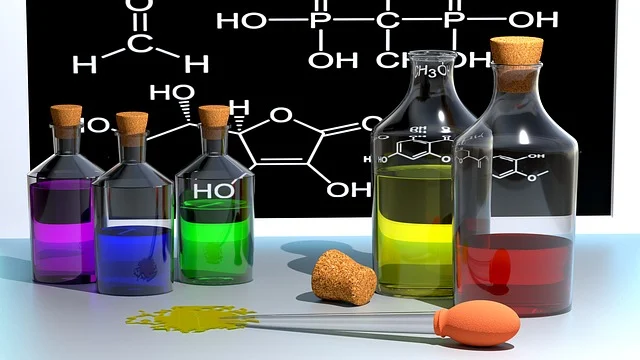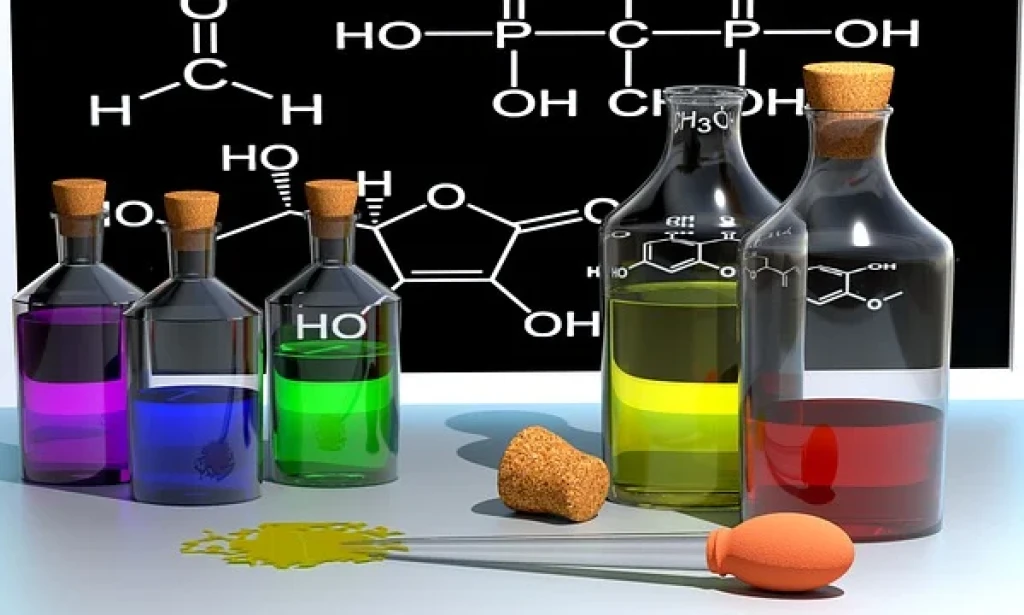Chemistry is an integral part of our everyday lives,
often going unnoticed despite its profound influence on everything around us. From the air we breathe to the food we eat, chemical processes are constantly at work, shaping our environment, our health, and even our emotions. Exploring these everyday reactions reveals the fascinating ways chemistry impacts our daily existence.

One of the most common examples of chemistry in daily life is cooking.
Whether you're baking a cake or frying an egg, heat triggers chemical reactions that transform ingredients. For instance, the Maillard reaction, responsible for the browning of food, occurs when amino acids and sugars interact under heat, creating new flavors and aromas. Similarly, baking soda reacts with acidic ingredients like vinegar or lemon juice to produce carbon dioxide, causing dough to rise and giving baked goods their fluffy texture.
Chemistry is also at play in cleaning.
When you use soap or detergent, these substances interact with water and grease through a process called emulsification. Soap molecules, with their hydrophilic (water-attracting) heads and hydrophobic (oil-attracting) tails, break down oils and grease, allowing water to wash them away. Understanding these interactions has led to the development of specialized cleaners for everything from stubborn stains to disinfecting surfaces.
In our bodies, countless chemical reactions occur every second to sustain life.
Digestion, for example, involves enzymes breaking down food into molecules that our bodies can absorb and use for energy. Cellular respiration is another critical process, converting glucose and oxygen into energy while producing carbon dioxide and water as byproducts. Even our emotions are driven by chemical signals, with neurotransmitters like dopamine and serotonin playing a key role in mood regulation.
The air we breathe is another example of chemistry in action.
Oxygen, essential for life, makes up about 21% of Earth's atmosphere. Combustion, rusting, and even the metabolic processes in our bodies rely on oxygen. Furthermore, the delicate balance of gases like nitrogen, carbon dioxide, and trace elements plays a crucial role in regulating climate and supporting ecosystems.
Chemistry also plays a part in phenomena we might overlook, like the fizz in carbonated beverages.
This occurs because carbon dioxide is dissolved under pressure in the liquid, and releasing the cap allows the gas to escape, creating bubbles. Similarly, the rusting of iron is a slow chemical reaction between metal, oxygen, and water, highlighting how chemistry shapes the materials around us.
Even emotions and health are influenced by chemistry. Hormones like adrenaline are released during stressful situations,
triggering the "fight or flight" response. On a molecular level, medications work by interacting with our body’s chemical systems to target illnesses and alleviate symptoms.

Chemistry’s role in everyday life is vast and diverse,
intertwining with nearly every aspect of human activity. By understanding these interactions, we not only gain insight into the world but also empower ourselves to make informed decisions, innovate solutions to challenges, and appreciate the intricate web of reactions that sustain life. Chemistry truly is the science that connects us to the world in surprising and profound ways.


You must be logged in to post a comment.